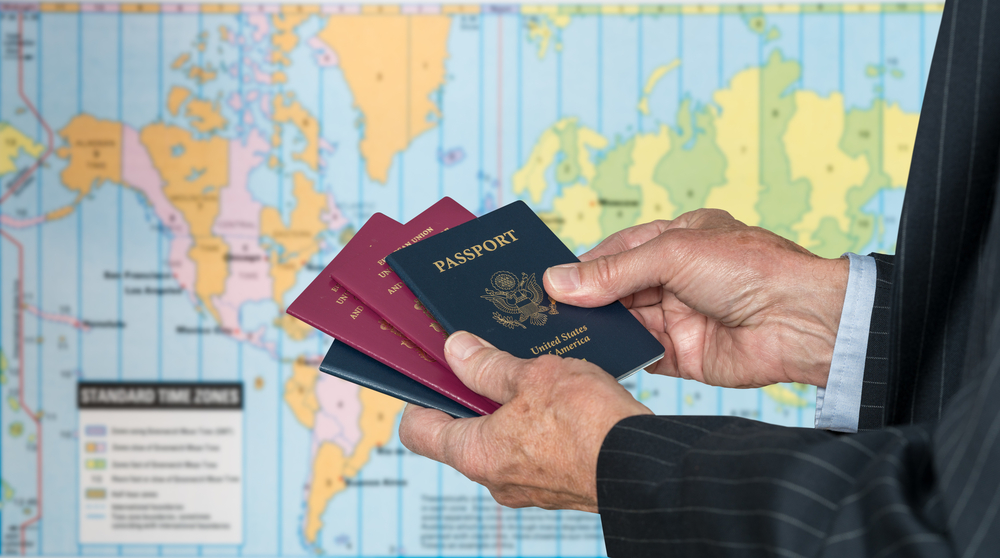Canada permits foreign nationals to keep their original citizenship in addition to a Canadian one. Depending on your home country’s laws, you may be eligible to retain your passport and become a Canadian citizen. Meaning, immigrants who pursue citizenship in Canada are able to hold two simultaneous passports. This is called dual citizenship.
It is difficult and complicated for Canadians to lose their Canadian citizenship unless they willingly renounce it via a complex legal procedure. This means that immigrants who naturalize to the country will maintain two nationalities—if their country of origin allows it.
What is Dual Citizenship?
Dual citizenship refers to when an individual holds two different passports at the same time—further affording them the legal status of a citizen of both countries. In other words, you are a citizen of more than one country.

Advantages of Dual Citizenship
People with dual citizenship enjoy certain benefits such as;
- Ease of travel between both countries and relevant allied countries
- The ability to own property
- Ability to live and work freely in two countries
- One can take advantage of social benefits. For example, a person can choose the country with the most advanced healthcare system in case of a medical issue.
Disadvantages of Dual Citizenship
There can however be certain drawbacks to dual citizenship as well. They include;
- Dual Obligations – some individuals may be under dual obligations to both countries. For instance, you must comply with the laws of the two countries such as serving in the military service which can be troublesome.
- Expensive and long process of obtaining dual citizenship- the process of dual citizenship approval can be complicated and cumbersome, with bureaucracy often being a key part of an extended processing period.
- Double taxation- As a dual citizen, there is a risk of paying taxes in both countries.
- The possibility of revocation of previous citizenship.






